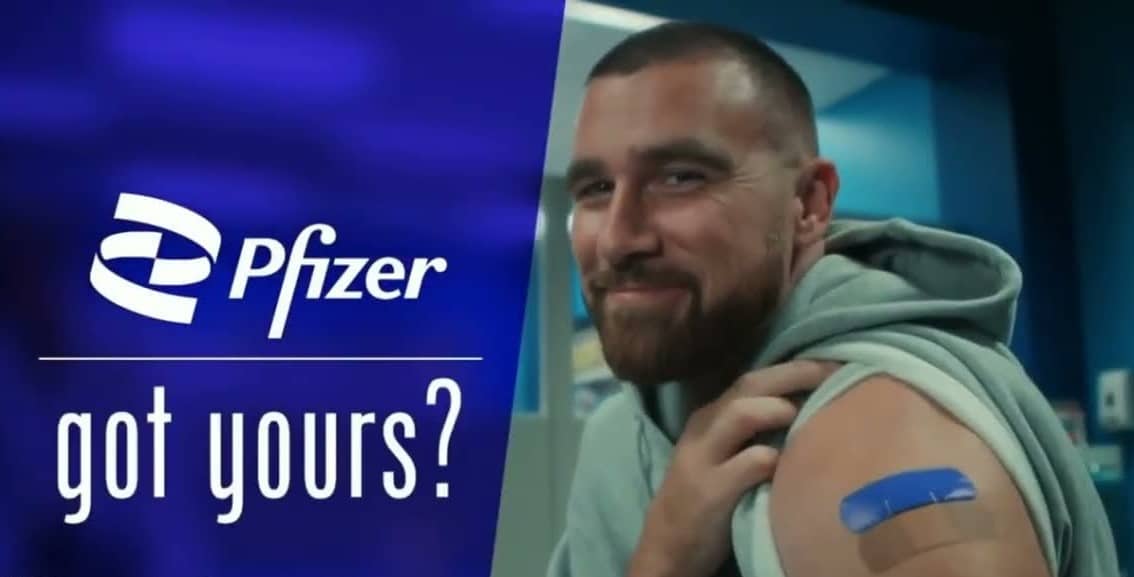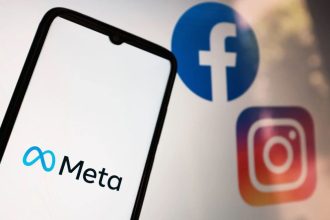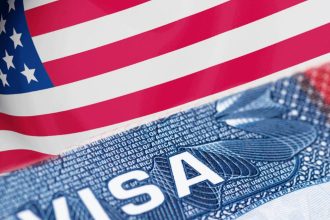Travis Kelce, the Kansas City Chiefs tight end, is facing significant public backlash following reports that he received a $20 million endorsement from Pfizer for promoting their dual flu and COVID-19 vaccine campaign.
The revelation has stirred controversy, particularly amidst widespread anti-vaccination sentiments in the United States, which intensified after the COVID-19 vaccination initiatives. The substantial amount paid to Kelce for the endorsement, especially in contrast to his $14 million NFL salary, has raised eyebrows and drawn criticism from various quarters.
Kelce’s on-field performance this season has not been up to his usual standards, which has made him a more conspicuous target for public scrutiny. His relationship with pop star Taylor Swift has also been a topic of interest and criticism.
The financial details of Kelce’s endorsement have led to accusations of him being a ‘sellout’, with some fans suggesting that the vaccine might affect his performance. Comments like “Vaccine must be slowing him down cause he looks horrible this year” and labeling him as the “biggest sellout in the NFL” exemplify the negative sentiment brewing among fans.
Broader Implications and Reactions
The situation has sparked broader discussions about the ethics of pharmaceutical companies spending substantial amounts on celebrity endorsements for health-related products. Critics argue that such high-profile endorsements raise questions about the sincerity of the endorsers and the priorities of the pharmaceutical companies.
Aaron Rodgers, a four-time NFL MVP, has even referred to Kelce as “Mr. Pfizer,” highlighting how this endorsement has impacted Kelce’s public image. The debate extends beyond anti-vaccination stances to concerns about money’s influence in healthcare advocacy.






